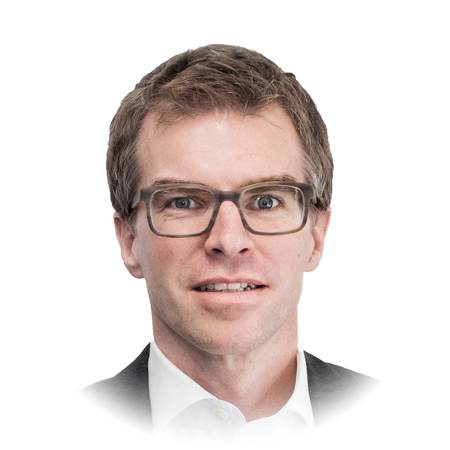Dirk Schmelzer of Plenum Investments AG has urged insurance-linked securities (ILS) market participants to realise that ESG is not just an opportunity, but an essential component of the market’s future.
 Schmelzer, who is a Member of the Executive Board and Portfolio Manager at specialist catastrophe bond and ILS investment manager, Plenum, recently spoke with Artemis about how important it is that the sector embraces ESG.
Schmelzer, who is a Member of the Executive Board and Portfolio Manager at specialist catastrophe bond and ILS investment manager, Plenum, recently spoke with Artemis about how important it is that the sector embraces ESG.
Globally, there’s been a growing interest in financial markets for environmental, social and governance (ESG) qualities from both institutions and investors.
The ESG proposition of catastrophe bonds and the broader ILS asset class has, in recent times, been a hot topic in the space. In part, this is being driven by the world’s heightened awareness of climate change and the urgent need for improved action and resilience, with institutional investors increasingly looking at asset classes that promote sustainable and responsible investing.
However, while the ILS market’s ESG proposition might well be compelling, Schmelzer explained, that “simply associating natural catastrophes with cat bonds to imply that the ILS industry by definition is ESG compliant and has a high degree of impact is not good enough and does not win over an investor.”
In fact, he continued, this actually reveals the inability to seriously think about how to implement ESG in this asset class.
“All market players have to realize that ESG is not only an opportunity, but an essential prerequisite for the ILS market to survive and thrive. A lack of ESG focus will inevitably result in a reduction or withdrawal of investment capital,” said Schmelzer.
As a result of this, Schmelzer explained to Artemis that sponsors of catastrophe bonds are going to have to rethink their underwriting.
“This has already started to a certain extent, for instance with regard to coal. However, the speed and willingness to exclude more controversial industries or, at least, create appropriate transparency has to increase. Investors must be in a position to decide for themselves whether they want to reinsure such business activities.
“This period of transformation will require investments and painful adjustments here and there, but those sponsors who are able to act fast and identify and engage in new business segments will benefit from the ESG development trend. They will be provided with reinsurance capacities at more favourable terms than those who miss out on this trend,” he said.
According to Schmelzer, the fact reinsurance capacities within the ILS space are provided by the capital market, which places an increasing emphasis on ESG relevant aspects, pushes ILS players to find new ways of thinking and to create the necessary transparency.
“If CAT bond sponsors want to preserve the ILS market as an alternative to traditional reinsurance, it is imperative for them to align their underwriting with ESG criteria or to transfer only innocuous parts of the business to the capital market.
“If they fail to do so, primarily European investors will leave the ILS market or no longer consider it for new investments,” he explained.
Were the industry not to embrace this opportunity and push for the appropriate levels of transparency, simply and bluntly put, the long-term outcome would be no capital driven by a lack of transparency.
“This is especially true from a European point of view, since the pressure to invest in ESG- and impact-oriented asset classes is constantly increasing. Regulation and a growing consciousness of sustainability in the public make it almost impossible to ignore this,” continued Schmelzer.
He explained to Artemis that undoubtedly there will be a time when investors will insist on ESG friendly assets, with the regulatory pressure on both investors and insurers in Europe simply too high.
“Add to that the massively increasing pressure of the public on politics and economics to act in a sustainable manner. The latter will have a major impact on the supply of new products in the area of sustainability.
“It remains to be seen to what extent America and Asia can or want to withstand this trend. However, we believe that the level of international networking is so advanced that also outside of Europe there is a growing desire to invest in a sustainable manner, thus increasing the pressure to act accordingly,” said Schmelzer.
To conclude, Schmelzer offered some thoughts on what the industry could do to maximise on this.
“The ILS sector should fast-track its rethinking process on ESG, adapt and show commitment. We need to foster understanding during the period of transformation which, in the interest of all involved, should be reduced to a minimum.
“The formation of an international ILS association would be of great value. Its task would be to define uniform procedures and reporting standards, while promoting the interests of those who want to push the ILS market forward and are convinced that collective action has a significant leverage effect,” he said.
 View all of our Artemis Live video interviews and subscribe to our podcast.
View all of our Artemis Live video interviews and subscribe to our podcast.
All of our Artemis Live insurance-linked securities (ILS), catastrophe bonds and reinsurance video content and video interviews can be accessed online.
Our Artemis Live podcast can be subscribed to using the typical podcast services providers, including Apple, Google, Spotify and more.































